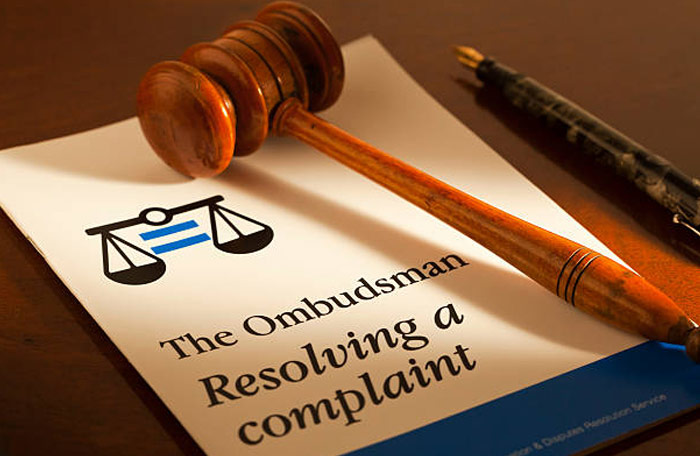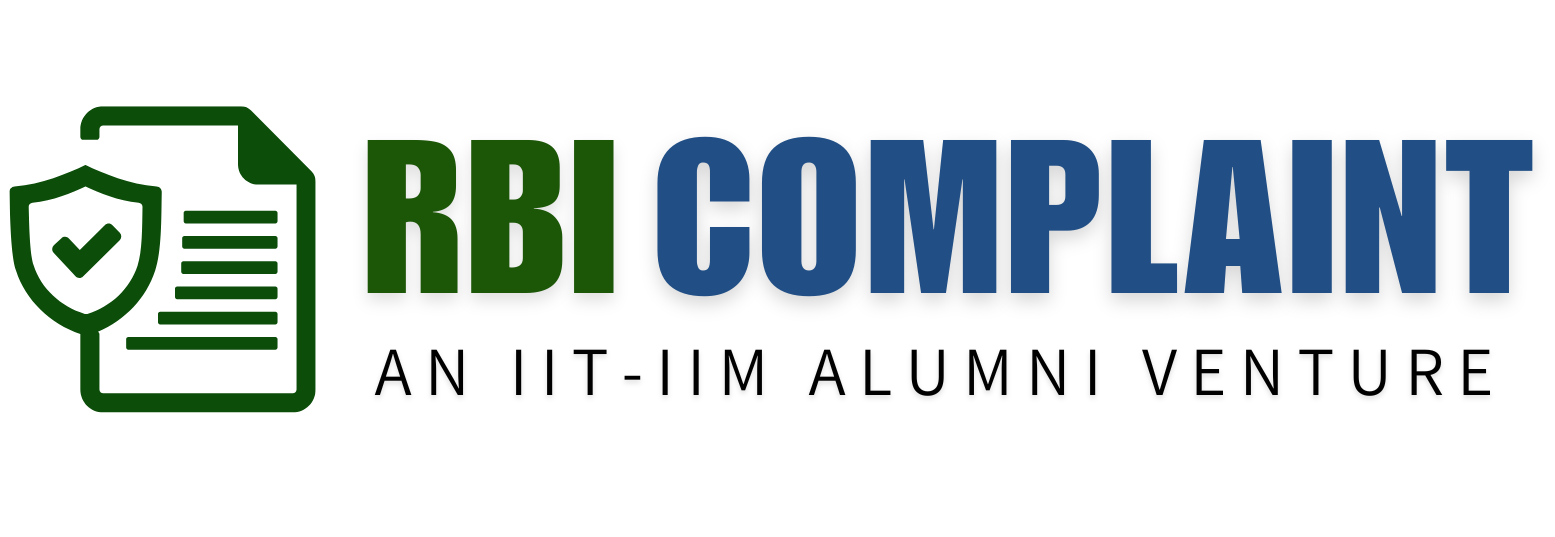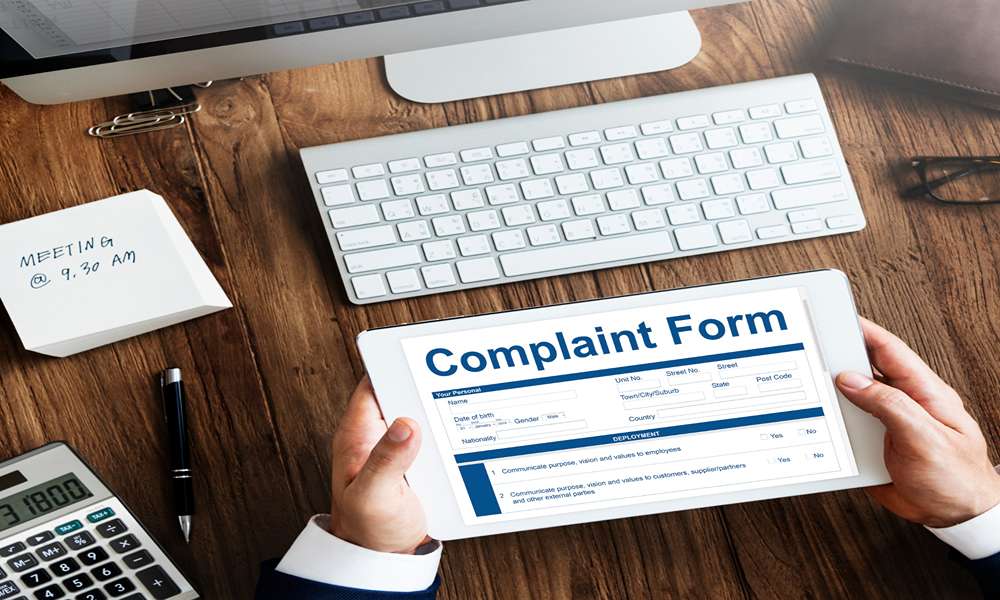· Bank Complaint · 2 min read
Can the Banking Ombudsman reject a complaint?
Yes, the Banking Ombudsman has the authority to reject a complaint under certain circumstances. While the Ombudsman’s primary role is to resolve complaints and facilitate a fair resolution between the complainant and the bank or NBFC, there are situations where a complaint may be rejected. Some of the reasons for rejection include:

Yes, the Banking Ombudsman has the authority to reject a complaint under certain circumstances. While the Ombudsman’s primary role is to resolve complaints and facilitate a fair resolution between the complainant and the bank or NBFC, there are situations where a complaint may be rejected. Some of the reasons for rejection include:
Lack of Jurisdiction: If the complaint does not fall within the jurisdiction of the Banking Ombudsman, such as issues related to entities not regulated by the RBI or matters outside the purview of the Ombudsman scheme, it may be rejected.
Non-Exhaustion of Remedies: If the complainant has not exhausted all available remedies or has not first approached the concerned bank or NBFC to resolve the issue, the Ombudsman may reject the complaint and direct the complainant to follow the proper channels.
Frivolous or Malicious Complaints: Complaints that are deemed to be frivolous, vexatious, or filed with malicious intent may be rejected. The Ombudsman focuses on genuine grievances and discourages misuse of the complaint redressal mechanism.
Time Limit Exceeded: If a complaint is filed beyond the specified time limit, as outlined in the Ombudsman scheme, it may be rejected. The scheme sets a time limit within which complaints must be lodged to ensure timely resolution.
Duplicate Complaints: If a complaint is found to be a duplication of a previously filed complaint or is already under consideration, the Ombudsman may reject the duplicate complaint.
It is important to note that the Banking Ombudsman strives to provide a fair and impartial platform for resolving complaints. While rejection is possible, it is done based on valid grounds and in accordance with the guidelines and provisions of the Ombudsman scheme.



